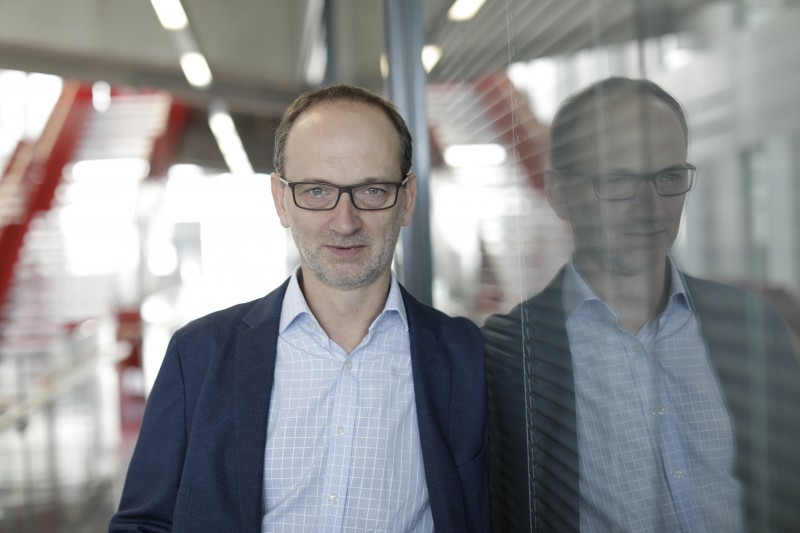By Sophie Arthur
June 5, 2020
Time to read: 3 minutes
We are extremely proud of all our colleagues who are contributing to the COVID-19 emergency response. We want to celebrate them by highlighting their contributions over these few weeks in this mini-series of ‘LMS Emergency Response to COVID-19’. Today we want to introduce you to Prof Dominic Withers.

What is your current role within the NHS in the COVID-19 response?
Currently I would not regard myself as being directly on the front-line of the COVID-19 response as I am not looking after COVID-19 patients directly. I am currently doing telephone clinics for patients with diabetes and obesity which involves being in the hospital to access all the NHS IT at the moment. The clinics involve helping patients to manage their diabetes and other conditions they have that are associated with diabetes. We communicate with the GPs by sending them electronic letters and phoning them if there is something that needs doing urgently. I think that while I am not on the true front-line I am playing my part for two reasons. Firstly, it is critical to keep these patients safe and well at home and self-isolating rather than coming to a clinic. Many of our patients have significant other diseases such as renal failure and heart and liver conditions. These patients are therefore considered very high-risk individuals when it comes to COVID-19. The patients in lockdown are not able to exercise and are also eating differently so they really need to control their diabetes well. Many of the patients I have spoken too seem quite isolated and so it has been good for them to hear from someone and they have all seemed very grateful for our telephone calls. I have also spoken to relatives and carers about treatment and this also seems appreciated. Secondly, by running these clinics which I do with another academic at Imperial we are able to free up junior staff and other NHS consultants to work elsewhere in the hospital.
How do you envision this role might change?
At the moment I am not sure if my current role will change and much depends on how things develop over the next few weeks. I am available for telephone advice for the diabetes nurses and we may need to see some patients face-to-face for example to start them on insulin. I have had to be trained how to do this as this is normally done by the diabetes nurses. The treatment of diabetes and especially complex patients with multiple problems has to be a team effort. The team I work with are in contact with each other daily to plan for the clinics and any other duties that need to be done.
What is your research at the LMS about?
My research primarily focusses on how the brain controls food intake and bodyweight and how it also regulates blood glucose levels.